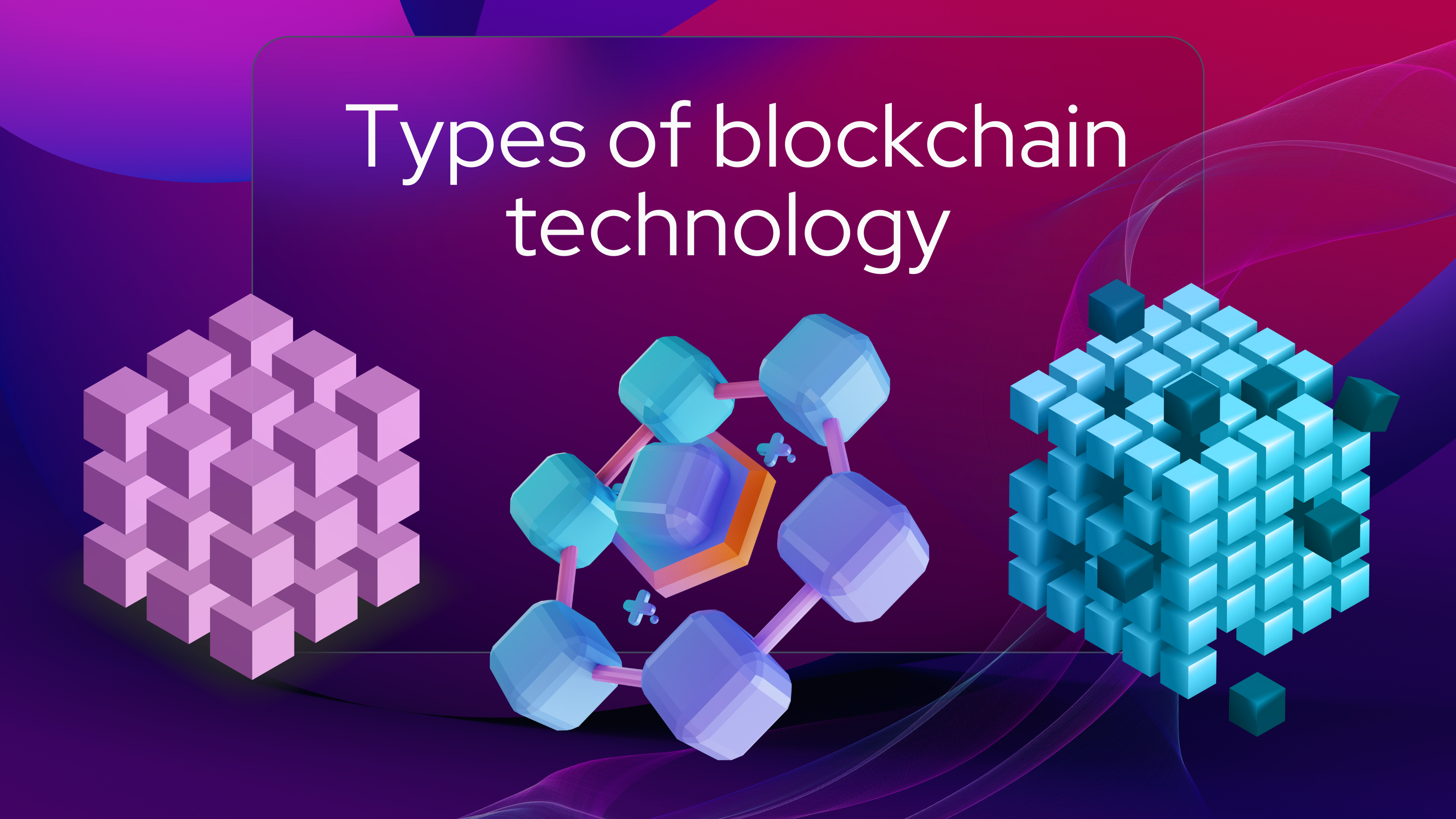Steem Alliance
made by canva
We see different types of block chains, two block chains are very important and the rest can be used at will, say centralized. Friends, today we will learn about the block, I am presenting the details below.
There are multiple types of blockchain technology. The two main types of these are public blockchain and private blockchain.
1. **Public Blockchain:** Public blockchain is commonly used widely in the use of cryptocurrencies. Here a network is formed of all identifiable members. which ensures their verification and transaction security. This type of blockchain consists of concatenating the hashes of all previous blocks, which are created using multiple cryptographic hash functions, before creating a new block.
2. **Private Blockchain:** Private blockchain is a blockchain system that is managed for a specific organization or operator. Here specific members are included and there is a central or operator to create the blocks. This means that only this operator can perform block execution and verification on a private blockchain. In this way, a general understanding of blockchain types is obtained. Apart from this, there are many other types of blockchain technology that are used for different purposes.
.png)
made by canva
Different classifications of blockchains have been made based on different criteria. A general classification Blockchain can be classified in four ways. Below I present this classification.
1. **Public Blockchain:** This blockchain is open to all and any person or organization can complete their work here. This blockchain allows everyone to participate in the network with no barriers for anyone. Everyone can transact, for example I'm including Bitcoin and Ethereum on public blockchains. These blockchains are decentralized and provide security. Through consensual processes such as proof of work or proof of donation.
2. **Private Blockchain:** Private blockchain is limited to specific entities or companies. Access to these blockchains is limited and only authorized participants can perform their personal activities on the network. Private blockchains are often used by organizations for internal purposes to increase efficiency privacy and control over data.
3. **Consortium Blockchain:** this blockchain is a hybrid between public or private blockchain. In this type of blockchain a group of organizations can form a consortium and jointly manage and maintain the network. Consortium blockchains offer benefits such as improved scalability privacy and permission access.
4. **Hybrid Blockchain:** Hybrid blockchains combine of both public or private blockchains. They can take their activities or access to both public participaton . private access control for specific transactions or data. Hybrid blockchains provide a balance between both transparency and privacy to close transactions.
It's important to note that all the block chain divisions we've broken down above can also have many different types of blocks. There are other combinations of blockchain types. The choice of blockchain type depends on specific use case requirements. Depending on the desired level of decentralization and control. These may change at any time for need and demand.

Support @bangla.Witness by Casting your witness vote
VOTE @bangla.witness as witness  OR
OR
SET @rme as your proxy|
Best regards from Mostofa Jaman|-|




